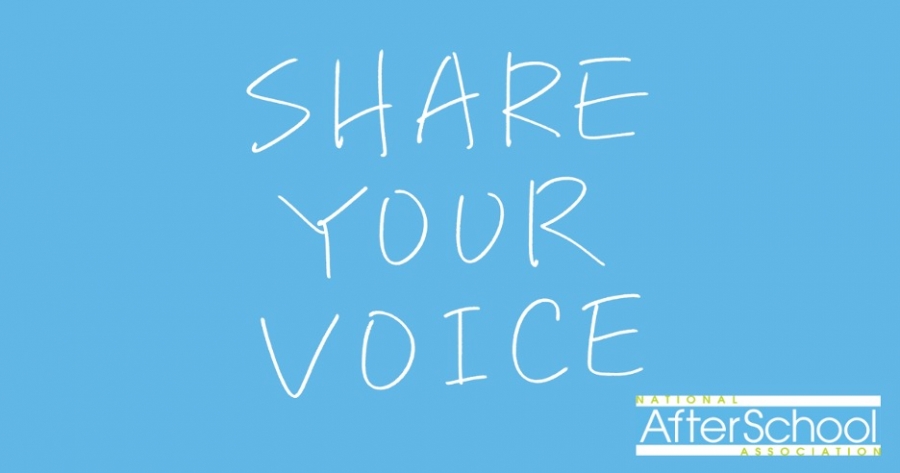Q: How do you define job quality, specifically in OST?
Simmons: “Like any other career pathway, job quality is vital to OST program providers and the effective engagement of youth participating in their programs. Specifically, job quality can be described as how a workplace values, supports, empowers, and engages staff in meaningful work. It also means ensuring that the individual and collective efficacy among the team is positive and their voices are heard and valued.”
Q: Why is job quality important for those in our profession? What about for the kids, families, and communities we serve?
Simmons: “Ultimately, a great work environment contributes to its staff members' satisfaction, productivity, and capacity. Professionals can effectively address the needs of youth, families, and their community if they have a high-quality work environment. A consistent, high-quality work environment provides professionals with a sense of security to effectively support, advise, and lead youth and families. Competent, confident, and well-equipped professionals provide families with a sense of security that their children are in good hands. Also, families are more likely to refer other families to the program because of the positive, high-quality work environment. Additionally, families will feel comfortable seeking resources and support from the program if they recognize it as a safe space and a pillar within the community.”
Q: What can be done (by policymakers and grant makers, by organizational leaders, by advocates, by individual professionals) to increase job quality for OST professionals?
Simmons: “There need to be systems for the out-of-school time landscape to protect the program and the providers within it. The pandemic showed the cracks in the existing system, such as inequitable compensation, issues with recruitment and retention, and funding. It also showed us how program providers rose to the moment to continue to serve youth, families, schools, and communities, despite the ongoing pandemic. Elected officials can increase federal and statewide funding streams for providers that enable programs to support their efforts to address wages, retention, and other areas (health and medical insurance, etc.).”
We couldn’t have said it better! Right now is the time, we have an opportunity to shape a better future for our field, to recognize and reward OST professionals with the job quality they deserve.

